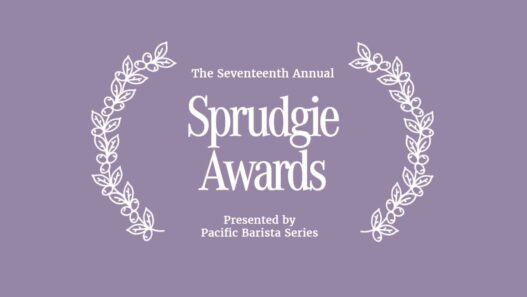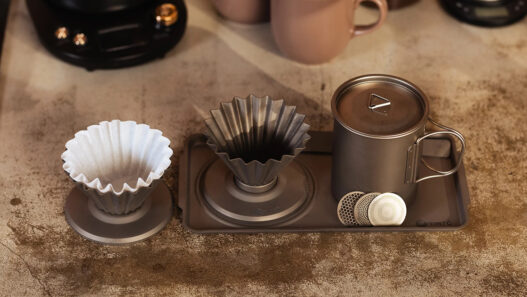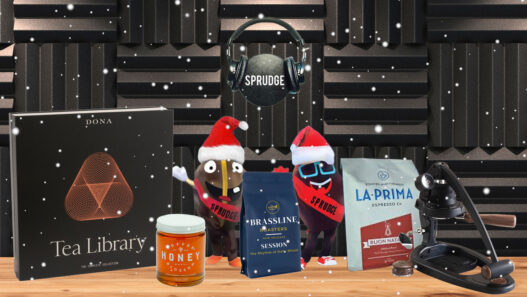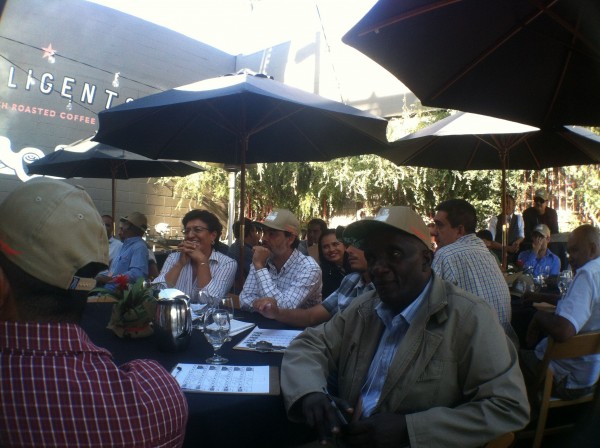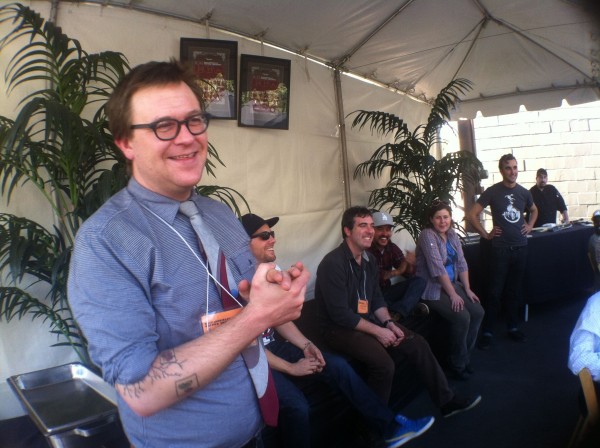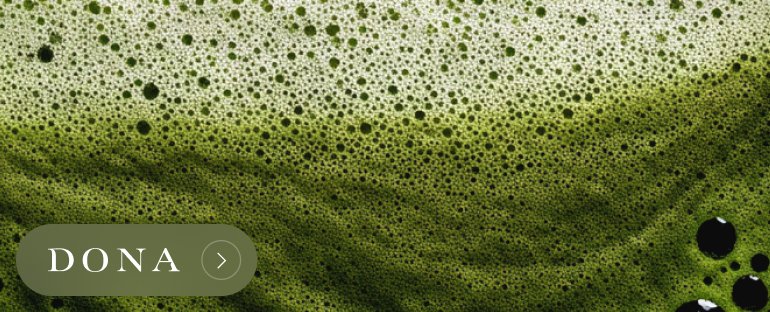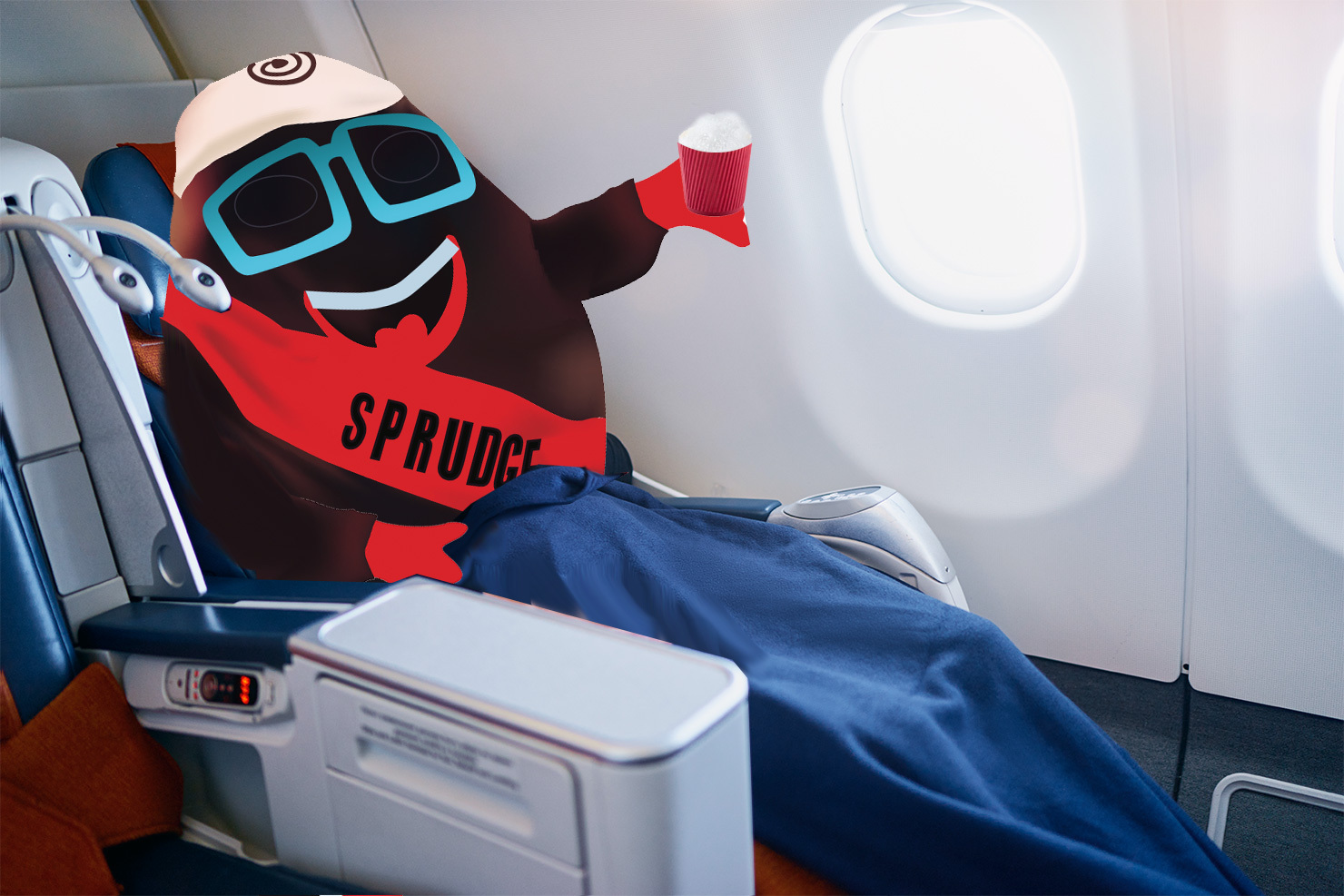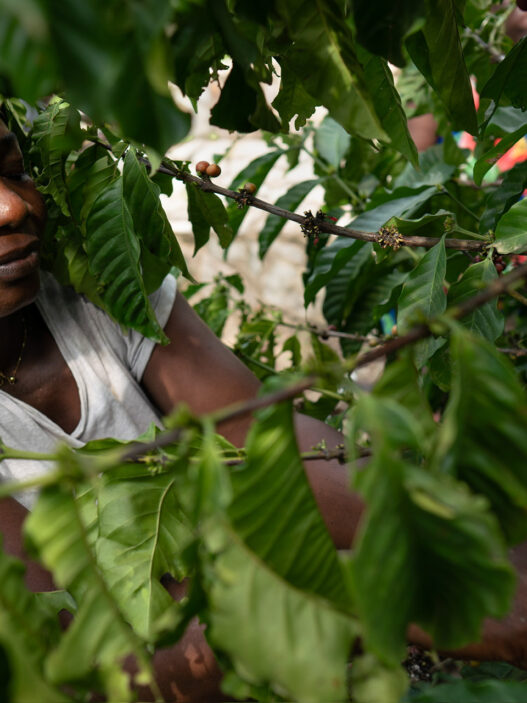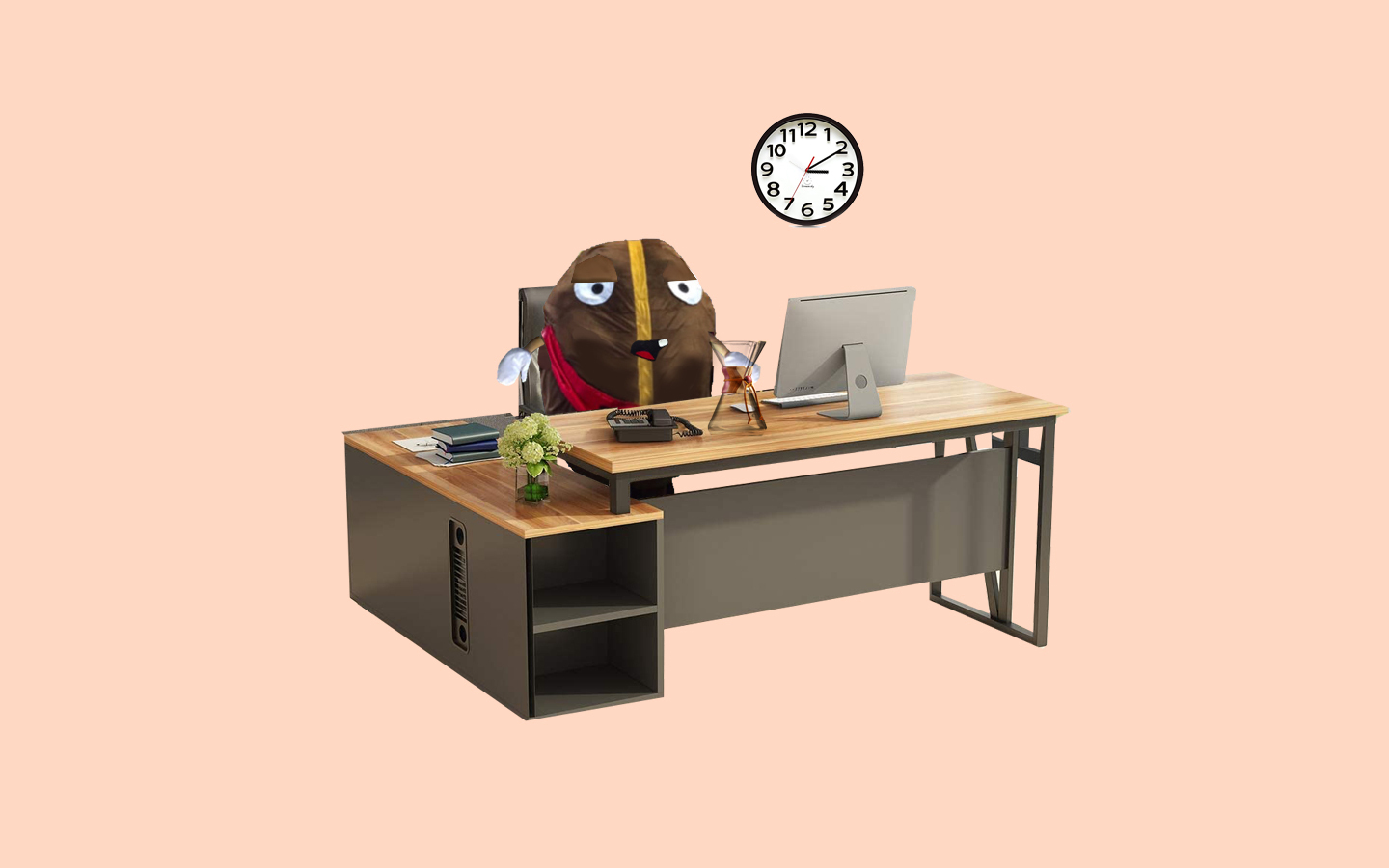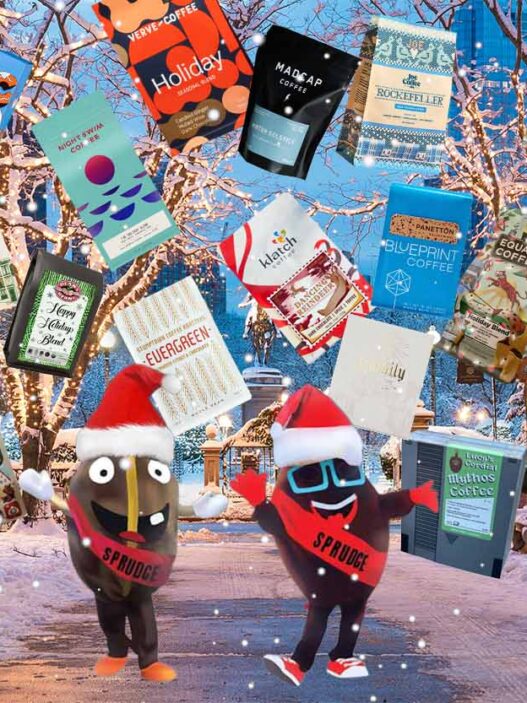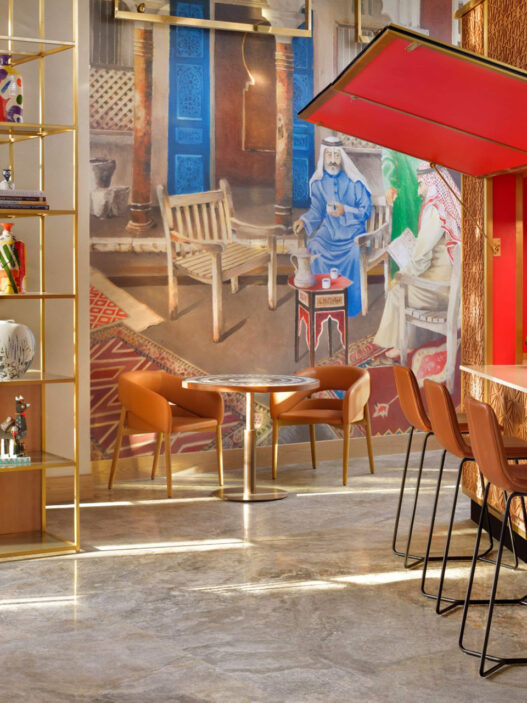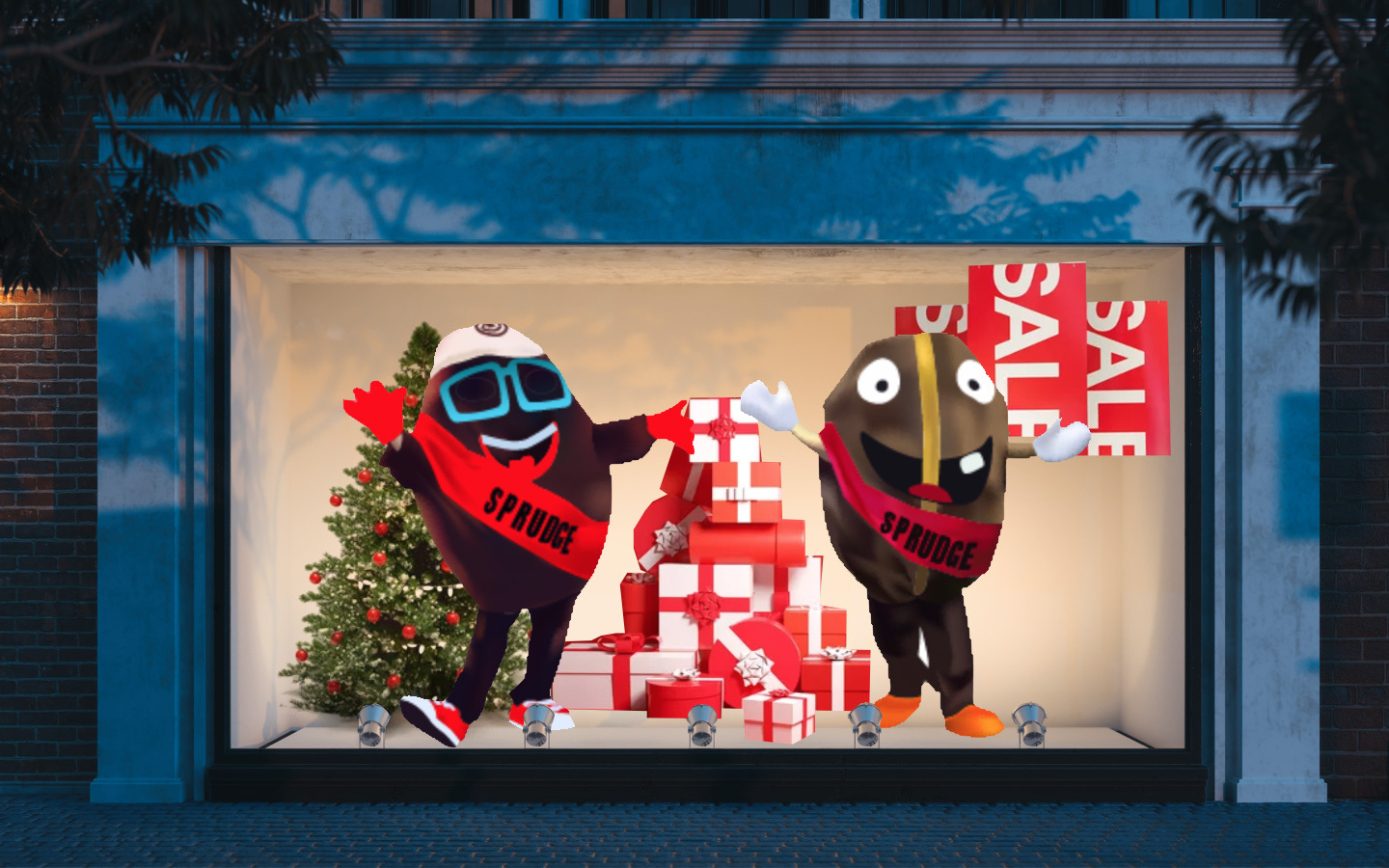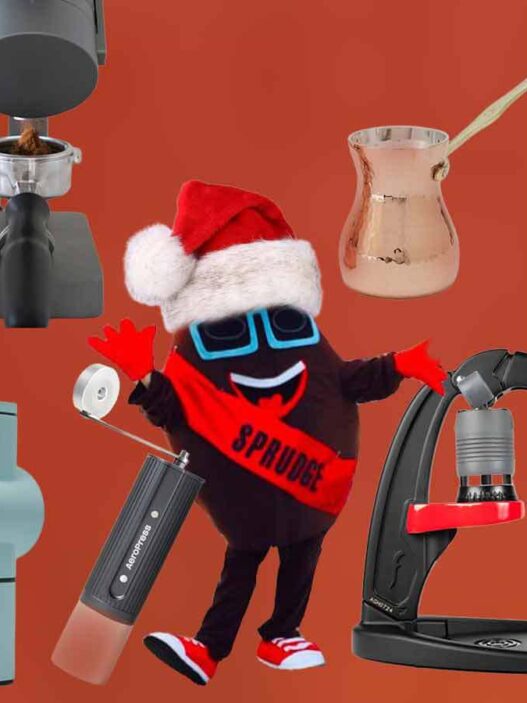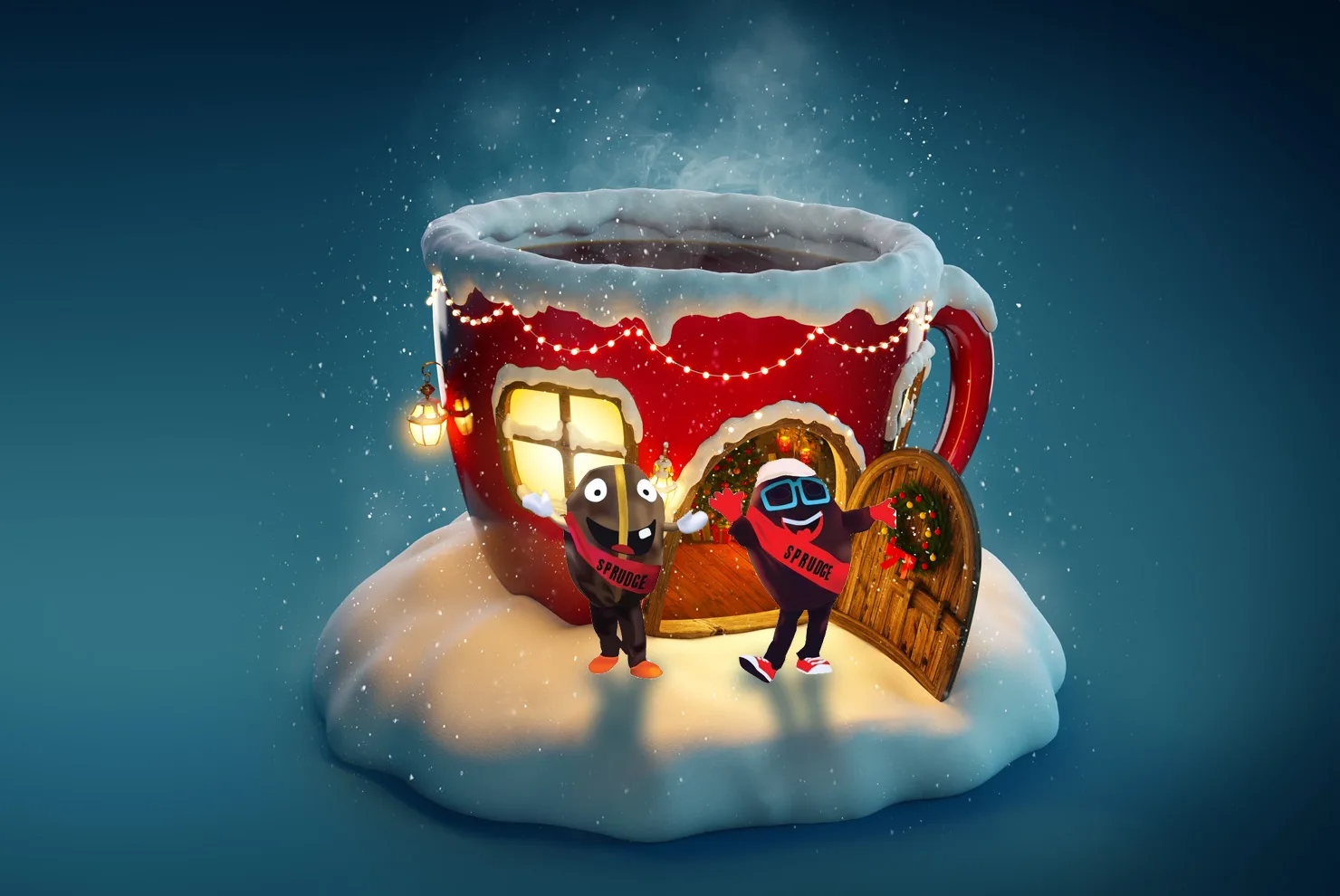After a series of presentations at Intelli Pasadena, we’ve changed locales to the Intelli roast works in nearby Glendale. Producers from around the world started by cupping five different coffees, ranging on a scale from “UNACCEPTABLE” to “OOH, DAMN GIRL.” For some, this was their very first time cupping coffees.
You’re joining Sprudge embedded LIVE at a post-cupping chat, sharing a table with producers from Ethiopia, Guatemala, and Kenya. Sprudgie Award winner Stephen Vick leads the notes, Geoff Watts both refracts and reflects ionic waves of positive energy, and Gabe Boscana translates to the crowd in Spanish:
Coffee A
Universally derided by our transnational committee of coffee experts. Once a general sense of indignity is establish, Stephen Vick reveals: “This was a Kenyan coffee…the conditions it was stored in were very poor, and it’s over two years old. When the coffee landed the moisture was 10.7 percent, last week it was 12 percent” An Ethiopian gentleman at our table comments, “Too much time in the vacuum seal!”
Coffee B
(a voice from the crowd cries out, “I don’t like it!”) Our intrepid leader Stephen Vick asks the crowd for a show of hands: “Who really liked this coffee?” Almost no one. A stylishly bespoke gentleman from El Salvador shouts out, “It tastes like roasted sorghum!” Other shouts from the crowd pour in…Dirty! Alomaro! Cardboard! The fragrance was like barbecued meat!
Stephen re-establishes a narrative: “The first coffee, we can all agree it was a failing score. But coffee B – let’s have a show of hands if you would have scored coffee B between 75 and 78.” Five hands go up. “OK! Who would have scored it between a 78-80? 80-82? 82-84?” Kurtis from Intelli Chicago raises his hand. “Wow! This is fun!” (Sprudge.com cannot accurately determine whether or not Stephen was deadpanning here.) “How about 84-87? Hmm…for me, this coffee was around an 80” (This declaration is met by an OUTCRY from the newly formed Guatemalan / Ethiopian braintrust at our table. “TOO GENEROUS”, they erupt. “IS TOO GENEROUS!”)
Turns out it’s a Brazilian pulped natural coffee, something “typically used in an espresso blend”. Victor from Guatemala looks disturbed.
Coffee C
(“C is average coffee”, says Behailu from Ethiopia.) Some people kind of liked it, some people thought it was old, some people look like they’re hungry for dinner. Victor (from Guatemala) and Michael (from Ethiopia) have become fast cupping friends before our very eyes. Curtis, the roaster from Intelli Chicago, calls this coffee “well-balanced, not exciting” – Stephen thinks it has some malic notes and tastes of pear, and would have scored it an 83.5, to which our international consortium reacts with a mix of agreement and hand motions. “This is starting to get into a good range of coffees for us”, says Stephen. “When we’re cupping production in Chicago, well, we want it to score 95 every time, but these kinds of coffees, this range, that’s our tipping point for whether or not we would continue to sell it as a single origin.”
“This is still pretty tasty I think,” Geoff Watts pipes up, “you can tell this was a delicious coffee in March. Now it’s November, and it’s become much more simple during that period of time. When we bought it, it was an 87. It’s just okay, it’s clean, but it lost its acid, lost its character”. Turns out this coffee is the very last of Intelli’s La Maravilla from Huehuetenango.
Coffee D
“Is this everyone’s favorite coffee?” Half the hands go up. (“Perhaps it is Guatemala!”, yells out the gentleman from Guatemala) Scores weigh in around 88-92, and Stephen’s score is right down the middle, at a 90. “For some people these coffees are too much, too big, like a big wine – some people don’t like them so much. I like them a lot.” The Kenyan coffee in question was overseen by the gentleman sitting directly to our right, Peter Kimata of Kenya, whose company, CMS, works to improves coffee quality across Kenya. Geoff Watts remarks: “Over the past few years, CMS has done such amazing work in Kenya, and this coffees is one of my very favorite”. The whole crowd claps.
Cup E
“Elegant, delicate, flavorful.” Scored by Stephen at a 93.5 and by others as a 95. “Did anyone NOT like this coffee?” Silence! “Does anyone have a guess where it’s from?” The Ethiopians sitting directly next to me say “Ethiopia!”, and they’re close; it’s a Gesha from Panama. “I’ve never tried that one! I have never taste a Gesha before!”, exclaims Victor from Guatemala.
Sarah Kluth leads the next round of discussions, a decidedly more serious cupping, with a table of specialty coffee ranging from 82-85. This is a chance for Intelligentsia to explain their methods and reasoning behind buying select coffees from around the world. A coffee on the second table was favorable yet wasn’t something Intelligentsia would purchase. “Sometimes, when I’m at source I taste cereal in coffee. The coffee can be sweet, but if I taste cereal and I know that this coffee won’t arrive in Chicago for three months, I get worried.” Cereal-taste can suggest a problem in storage and typically tastes aged when it lands. Someone across the courtyard asks, “Would you buy that coffee?” Sarah simply says, “No, in that case, I wouldn’t.”
The cupping concludes with Sarah telling the group “We take all of the coffees that come into our labs seriously. Every one of your coffees are very important to us.” The cupping event concluded, it’s time for an emergency trip to Staples and a Diet Coke.




